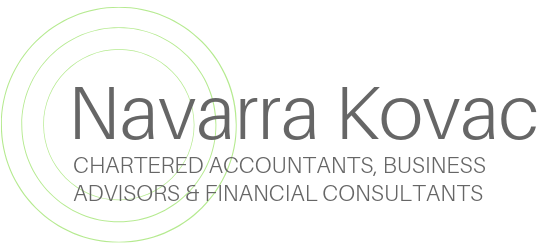Its coming around to that time of year again so small businesses and their owners should be looking at their tax affairs before 30 June.
Here our our top considerations to ensure that small businesses are minimising their tax bills for the year.
- Defer income: If you plan on issuing invoices or collecting receivables prior to 30 June, you may be able to defer income tax on this income if you can push the issue of these invoices or collection of these receivables until after 30 June. Before implementing this strategy, you should consult your accountant as the way you account for income (i.e. on a cash or accruals basis) will effect how this strategy is implemented.
- Bring forward expenses: If you know of any upcoming near term expenses, bring them forward to before 30 June to get a tax deduction in the current financial year. This may include items such as consumables, repairs and maintenance and staff bonuses.
- Instant $20,000 asset write-off: Most small businesses are entitled to an immediate tax deduction for any assets costing less than $20,000. So, if you are considering purchasing any assets in the near future, it may be worth considering making that acquisition before 30 June. As always, check with your accountant to make sure you are eligible for the immediate tax deduction.
- Log books: If you are looking to claim the maximum tax deduction in relation to motor vehicle expenses, it is essential that you have maintained a correct and complete log book for at least a 12-week period. Don’t worry if you haven’t started your log book as yet – as long as the start date is before 30 June you will be compliant.
- Employee superannuation payments: Unlike most other business expenses, employee superannuation is only deductible when it is paid. Whilst most employers pay their superannuation after the end of a quarter, in order to qualify for a deduction in the current financial year with respect to employee superannuation for the June quarter, it must be received by the employees’ superannuation fund prior to 30 June.
- Stock takes: Prepare to complete stock takes as close as possible to 30 June. Look to identify any old, obsolete or damaged stock which can be written-off.
- Prepay certain expenses: You may be able to claim a full deduction in the current financial year for the prepayment of next years’ expenses if the payment satisfies the “12 month rule”. Common types of expenses included interest, rent, training courses, business trips and training courses planned for after 30 June and insurance.
- Donations: If you are feeling generous, donations will generally be eligible for a tax deduction. Make sure that the donation is made to a registered “Deductible Gift Recipient” and that by making the donation, you will not be putting yourself into a tax loss position which, in either case, will make the donation non-deductible.
- Write-off bad debts: Review your trade debtor ledgers and if you conclude that any debtors are not recoverable, write them off prior to 30 June. Not only will you get a tax deduction for these items, but you will also generate a GST refund (assuming that your business operates on an accruals basis – rather than a cash basis – for both income tax and GST purposes).
- Trust distributions: If you operate your business through a trust structure (either directly or indirectly), it is essential that trust distribution resolutions are made prior to 30 June. Prior to making these resolutions, you should be working with your accountant to complete end of year tax planning prior to 30 June.
As always, it is important that you consult with you accountant or tax adviser before implementing any of the strategies above as everyone’s circumstances will be different.
If you would like to speak to one of our advisors, please feel free to contact us on (02) 8824 8422 or info@navarrakovac.com.au.

